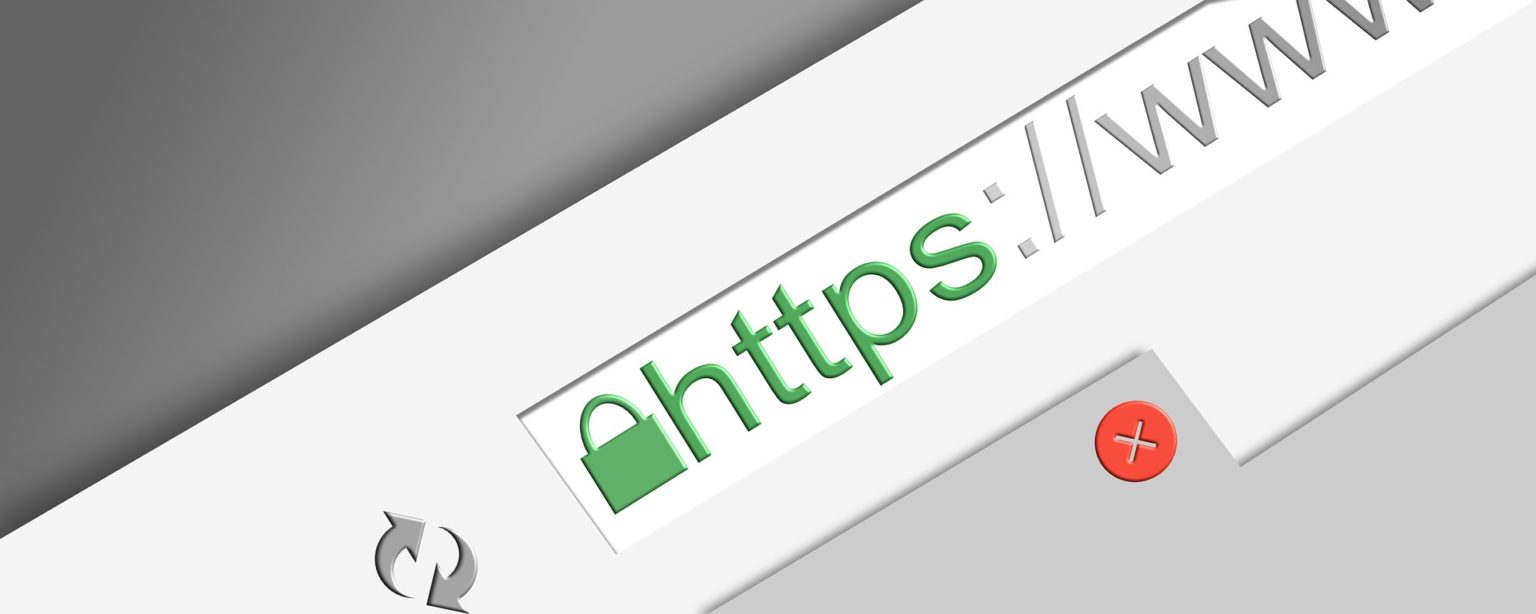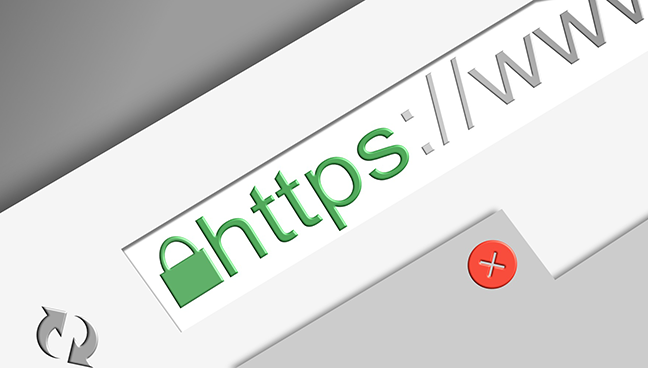what is https?_

You may be wondering if your website really needs HTTPS (Hyptertext Transfer Protocol Secure). Unfortunately, data breaches are now everyday news. Internet users are more concerned about their online security and privacy. Having that discreet padlock displayed on your website offers comfort and security. Furthermore, since Google started warning users that sites without HTTPS may not be secure, not having it can adversely affect your search rankings. This is because such sites are unencrypted, meaning that Transport Layer Security (TLS) or Secure Sockets Layer (SSL) is used to make the communication protocol unreadable to any third parties.
When you access a website, a third party may be able to see the information that the site sends you, or that you send the website. But the encryption used by HTTPS makes the transfer of data private and protected. This is because public key cryptography is employed. This is the encryption system where each party has a ‘public’ key available to the public, and a ‘private’ key known only to the individual. Since only the possessor of both public and private keys can access the information, privacy is maintained.
HTTPS can also be used to authenticate a client via their public key, so that hackers have a harder time posing as that client. HTTPS has been making the internet safer for everyone: it gives you peace of mind. You can confidently give out your details to a website knowing that HTTPS encryption affords you some protection.
Why Use HTTPS?
As an online business or website owner, having a HTTPS website helps to build trust with your site’s visitors. This could be for a first time user or loyal return customers. Aside from increased customer confidence, the benefits are multiform and are worth going over.
Increased Conversions
People will be more likely to undertake a transaction, sign up to your site or undertake any other kind of action involving potentially sensitive information if they can trust that their information will only be used for the stated purpose and not fall into anyone else’s hands.
Updated Browser Labels
As we said above, Chrome is now labelling websites that don’t have HTTPS as “not secure”, which you wouldn’t want to have your site called, would you? Many potential customers will look somewhere else if they get that message.
Improved Security
HTTPS doesn’t just make your visitors more secure, it also makes you and your site more secure. It protects information on your site that may be confidential or specific to some users, for instance, if your website has a ‘members only’ section.
Higher Google Rankings
Google favours HTTPS sites in its site ranking. After all, Google wants its users to have a good and safe experience as well. The majority of sites you’ll find on the first page of Google are HTTPS. So unless you want to be outranked, you’re going to need HTTPS.
What Next?
In order to make the change from an HTTP to an HTTPS site, you’re going to need a special SSL or TLS certificate. Once you’ve bought one, you can activate and install it. Then you just need to update the site and you’ve got HTTPS encryption.
Luckily you don’t have to do this yourself. For advice of which vendor to use, how to install and activate a certificate, and updating your site to make sure it all works, you can ask Wirebox for advice. Alternatively we can implement the process for you. We’re here to help, so contact us today.
